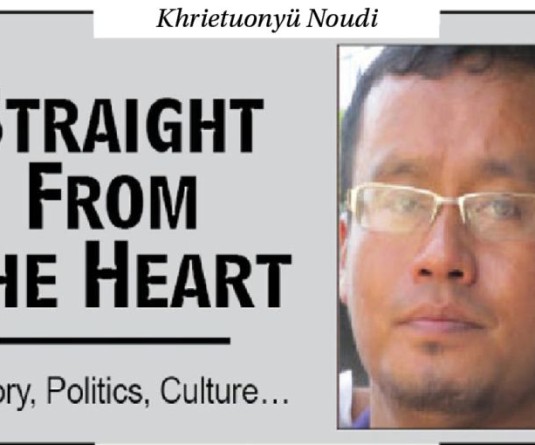
• Sir-Over the past decade, pressure for effective and visible action against AIDS has often led AIDS programmes to consider evaluation as a low priority.
While evaluation may appear to be luxury at first sight, it soon becomes clear that it provides a crucial resource for planning. Programmes run the risk of facing unfulfilled expectations, frustrations and disillusionment for lack of feedback on the effects of hard work carried out.
With the outcome of such evaluation should we give up or ignore the issue?
For the last past years I haven’t seen any data analysis and interpretation on numbers of HIV/AIDS, IDU’S and SEX WORKERS.
Knowing why and where a programme succeeds or is inadequate is more important than knowing whether it is succeeding or failing.
Thus understanding the context in which the programmes work, how it fits into particular settings, how they achieve results and how they can be improved, should come as a priority in effective implementation.
To overcome such issue, monitor the change by means of repeated survey at regular intervals. It is particularly important to ensure that the same type of training, fieldwork, strategy and supervision be re-implemented.
Should all this be done in favour of NGO’S or for the public edu care benefits?
An overall view of our society tells us that we are far advanced than any states but the question is how to cope with the current advancement where every one knows about HIV/AIDS, IDU’S and the sex workers.
Are we just going to sit back and watch?
Conducting the periodic surveys provides reliable information for long term trends to determine the programmes and future direction of the programme. This should be the right way to go about.
Sorie
Nagarjan, Dimapur




